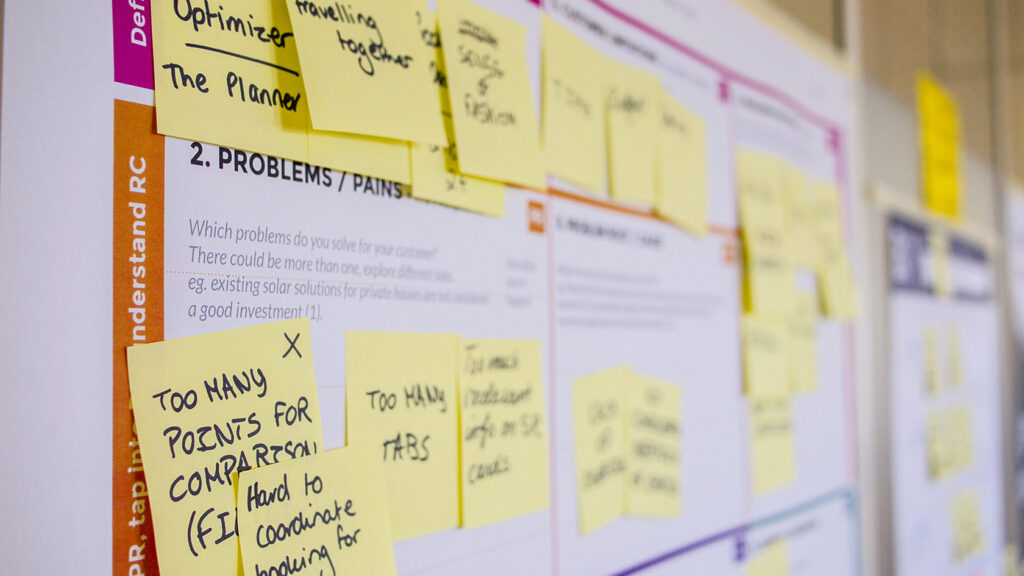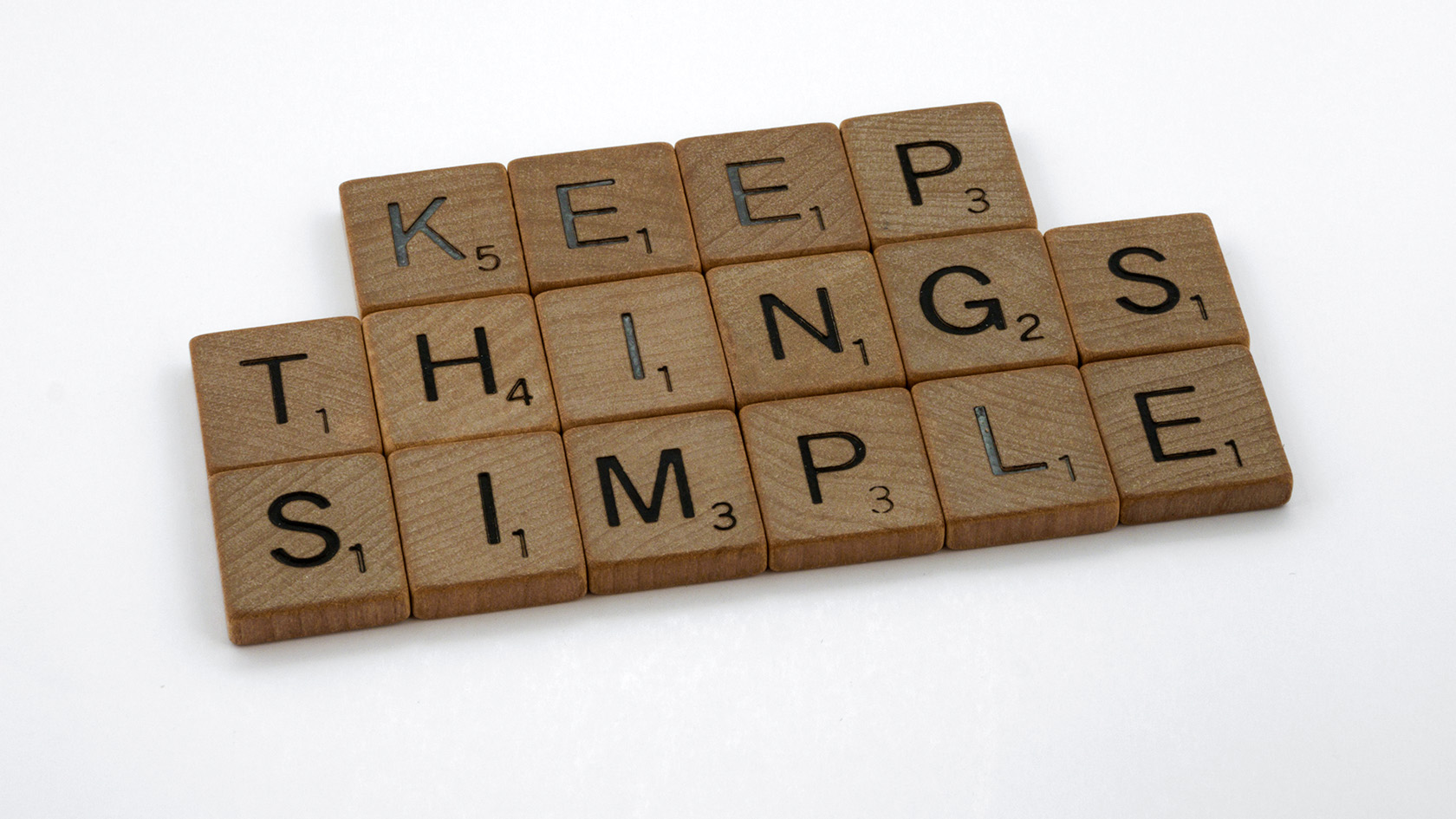Role Of Critical Thinking in Education
Critical thinking is a necessary talent for success in education, the workplace, and life. It is the process of assessing data, detecting assumptions, and weighing arguments in order to make sound decisions. Critical thinking is especially important in education because it fosters analytical and problem-solving skills that are required for academic success and personal growth.
What exactly is critical thinking?
The ability to evaluate information, ideas, and circumstances in a careful and objective manner is referred to as “critical thinking.” It necessitates a variety of abilities, such as analysis, interpretation, evaluation, inference, explanation, and self-regulation. Critical thinkers can spot assumptions, biases, and fallacies in arguments and build well-reasoned arguments based on solid data and logical reasoning.
Critical Thinking’s Place in Education
Critical thinking is an important part of schooling. It helps students improve their analytical and problem-solving abilities, as well as their ability to communicate and collaborate successfully. Critical thinking is especially crucial in courses such as science, math, and social studies, where students must assess complicated data and answer difficult issues.

Critical Thinking Instruction in the Classroom
Teachers can utilize a variety of tactics to encourage critical thinking in the classroom. Giving student’s opportunity to exercise critical thinking skills through engaging activities and assignments is one option. Students may be asked, for example, to assess a current event or a work of literature, evaluate an argument or experiment, or solve an issue using logical thinking.
Another way is to educate kids on how to ask good questions that encourage critical thinking. This can include posing a series of question prompts to students that urge them to analyze and evaluate information, such as “What evidence supports this argument?” or “What assumptions underpin this claim?”
The Advantages of Critical Thinking in Education
Students can benefit greatly from developing critical thinking skills. It helps students become more self-directed and independent learners by teaching them how to assess material and evaluate arguments on their own. It also increases their capacity to communicate effectively and collaborate with others by teaching them how to articulate their thoughts clearly as well as listen to and analyze the opinions of others.
Furthermore, critical thinking abilities are required for success in further education and in many employment domains. Companies respect individuals who can think critically and solve complicated problems, as these abilities are required for innovation and success in a variety of industries.
Consequences of Over-Reliance on Technology
While technology can be an effective tool for encouraging critical thinking, it also has downsides. One concern is that children will grow overly reliant on technology and would fail to acquire critical thinking abilities. Students who rely on search engines to find information, for example, may struggle to assess the quality and credibility of the sources they locate.
Another criticism is that technology in the classroom might be a distraction, limiting students’ ability to focus and engage in critical thinking skills. This is especially troublesome when kids use technology for non-educational purposes, such as social networking or gaming.
Conclusion
Critical thinking is a necessary skill for academic, professional, and personal success. It fosters analytical and problem-solving skills, which are required for academic success and personal development. Engaging activities, effective questioning, and other tactics can help teachers encourage critical thinking in the classroom. While technology can be an effective tool for encouraging critical thinking, it is crucial to be aware of the possible pitfalls of over-reliance on technology and to ensure that students are developing their own critical thinking abilities.
Join Super Blogs today and become part of our vibrant community of content creators! Read our next blog on Digital Learning Technologies Impact on Education.
